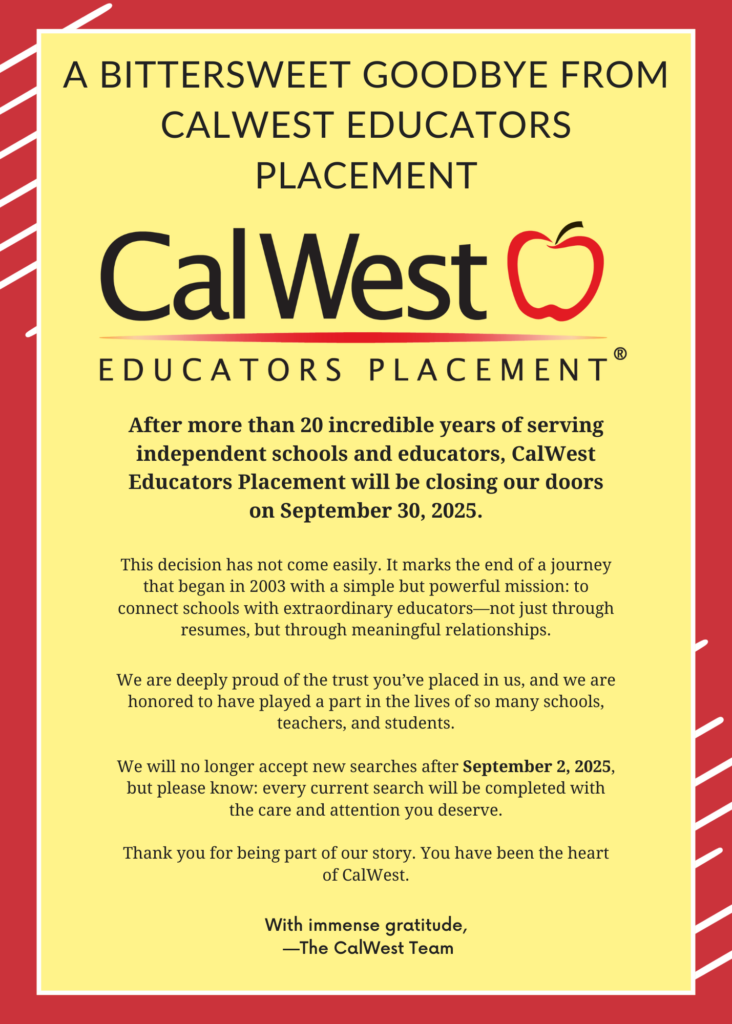
REFFERENCES TIPS
Tips for Choosing the Best Job References
When applying for a job, one of the most important elements of your application package is the list of references you provide to prospective employers. Job references offer a glimpse into your work ethic, capabilities, and character from the perspective of those who have worked with you directly. A strong list of references can significantly enhance your candidacy, while a weak or poorly chosen list can undermine your chances of landing the job.
Choosing the right references is a crucial part of the job search process. In this article, we’ll explore tips for selecting the best job references to boost your chances of success.
Why Job References Matter
Job references provide potential employers with insights beyond the qualifications and experiences listed on your resume. Employers rely on references to verify your skills, experience, and overall fit for the role. A reference from someone who can speak to your strengths and past achievements can add credibility to your application, while a weak or generic reference might raise doubts about your suitability for the job.
Key benefits of strong job references:
- Validation of your work experience: Your references confirm the accuracy of your employment history, accomplishments, and skills.
- Proof of your character and work ethic: Good references help employers gauge how you collaborate with colleagues, handle challenges, and contribute to the workplace culture.
- Endorsement of your potential: A reference from a respected individual can provide strong evidence of your ability to succeed in the new role.
- Choose References Who Know You Well
The best references are those who have worked with you closely and can speak in detail about your contributions, strengths, and work ethic. Ideally, your references should have firsthand knowledge of your skills and experience in the context of the specific job you’re applying for.
Who should you consider?
- Current or former supervisors: A direct manager can discuss your professional achievements, work habits, and how you contribute to the team’s success.
- Colleagues or co-workers: Team members can offer insights into your collaboration, communication skills, and how well you work within a group.
- Mentors or advisors: If you’ve had a mentor or professional advisor, they can provide a more holistic view of your potential, leadership qualities, and long-term goals.
- Avoid using references with a more distant or vague understanding of your work, as they may struggle to provide specific, impactful details.
- Consider the Relevance to the Role
Different job positions require different skill sets, and your references should be able to speak to the skills most relevant to the job you’re applying for. Tailor your reference list to the specific job and its requirements by selecting individuals who can speak directly to the qualifications the employer is seeking.
For example:
- If you’re applying for a leadership position, a reference who has seen you manage teams or lead projects would be ideal.
- If the role emphasizes technical skills or specific industry knowledge, choose someone who can vouch for your proficiency in those areas.
Customizing your references for each job application shows that you understand the importance of matching your skills and experiences to the role’s needs.
- Look for Professional References Over Personal Ones
While personal references (e.g., family members, friends) may vouch for your character, professional references are far more impactful. Hiring managers want to hear from individuals who can attest to your abilities in the workplace rather than your personal qualities or background.
Professional references can include:
- Former managers or supervisors
- Colleagues or teammates from previous jobs
- Business partners or clients
- Professors or academic advisors (for entry-level roles or recent graduates)
- Professional mentors or coaches
If you don’t have extensive work experience, consider references from internships, volunteer roles, or academic projects that can speak to your work habits, skills, and potential.
- Ensure They Will Give You a Positive Recommendation
Before listing someone as a reference, always ask for their permission and confirm that they are willing to give you a strong, positive recommendation. This ensures that you aren’t caught off guard if an employer contacts them. A lukewarm or negative reference can damage your candidacy, so be sure to choose people who are enthusiastic about supporting you.
How to gauge their support:
- Ask for feedback: Before confirming someone as a reference, ask them how they feel about your work or contributions. If they express any concerns or hesitation, it may be worth reconsidering.
- Keep them informed: Let your references know what roles you’re applying for, what skills the employer is looking for, and any specific achievements you’d like them to highlight. This ensures they’re prepared to speak to the aspects of your experience that matter most to potential employers.
- Diversify Your Reference List
Having a variety of references can demonstrate the breadth of your experience and give potential employers a well-rounded view of your qualifications. Aim to include references from different aspects of your professional life, including:
- Supervisors: These references describe your job performance, reliability, and ability to meet objectives.
- Colleagues: They can provide insight into your teamwork, communication, and ability to collaborate.
- Clients or customers: If relevant to your role, a client reference can comment on your customer service, problem-solving, and relationship-building skills.
- Academic advisors or professors: This is especially helpful for recent graduates or those applying for roles in academic or research settings.
A well-rounded set of references can show that you excel in your immediate role and your ability to contribute to the wider organization or community.
- Stay in Touch with Your References
Maintaining positive relationships with your references is crucial for ensuring that they remain supportive and ready to speak on your behalf. Regularly update your references on your career progress and stay in touch with them, even if you’re not currently job-hunting. This can help ensure that your references are fresh and engaged when it’s time to use them.
How to stay in touch:
- Periodic check-ins: Send occasional updates on your career progress or personal milestones. This keeps the relationship strong and your references familiar with your current situation.
- Thank you notes: After they provide a reference for you, always send a thank-you note or email to express appreciation for their time and support.
- Limit the Number of References
While providing a long list of references might be tempting, a few strong, well-chosen individuals are better than a lengthy list of vague or irrelevant contacts. Aim for **three to five** solid references who can speak to different aspects of your professional life. Too many references can overwhelm employers, and not all references will be contacted.
What to do:
- Provide a concise list of references with their full names, titles, companies, and contact information.
- Include a brief description of your relationship with each reference to help employers understand the context in which they know you.
- Be Transparent and Organized
When providing your reference list to potential employers, ensure the information is presented clearly and professionally. Organize your references into a document with proper formatting and ensure their contact information is current.
Additionally, let your references know when they might be contacted. This will prepare them to respond quickly and thoughtfully when an employer reaches out.
Final Thoughts
Choosing the right job references can significantly impact your job search. By selecting individuals who are familiar with your skills, achievements, and character and ensuring that your references are relevant, positive, and organized, you can bolster your application and make a lasting impression on hiring managers.
Remember, your references are your advocates. Take the time to select individuals who will champion your abilities and represent you in the best possible light, and you’ll be one step closer to landing your ideal job.

